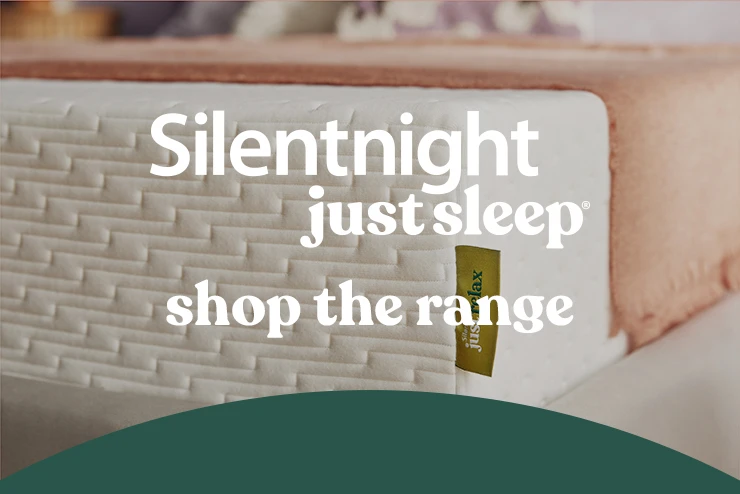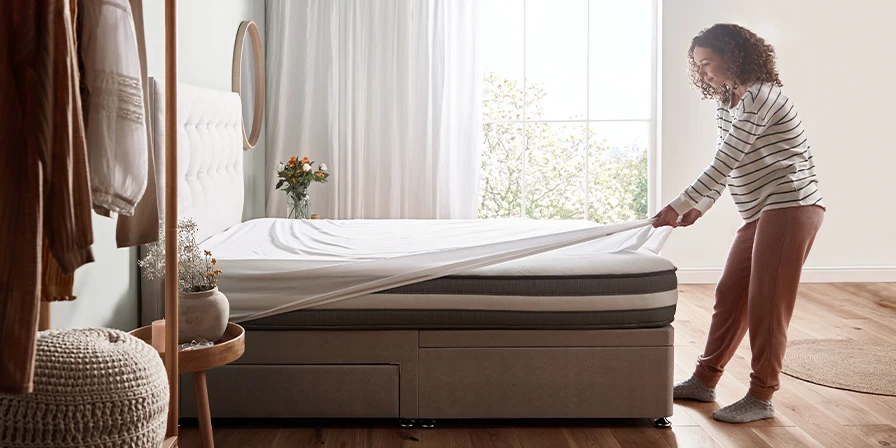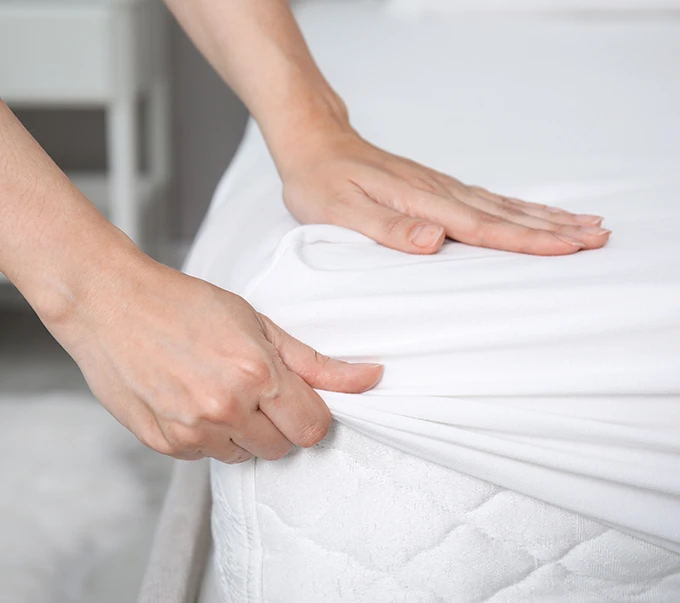Download a new browser







try it out for a year

choose from 7 rolled mattresses

delivered in 48 hours
shop by size
shop by budget
UK's most trusted sleep brand

Handmade in the UK

multi award-winning mattresses
shop by type
buying guides
UK's most trusted sleep brand

multi award-winning mattresses

rigorous safety testing
shop by type
get cosy
UK's most trusted sleep brand

FREE UK delivery over £49

rigorous safety testing







try it out for a year

choose from 7 rolled mattresses

delivered in 48 hours
shop by size
shop by budget
UK's most trusted sleep brand

Handmade in the UK

multi award-winning mattresses
shop by type
buying guides
UK's most trusted sleep brand

multi award-winning mattresses

rigorous safety testing
shop by type
get cosy
UK's most trusted sleep brand

FREE UK delivery over £49

rigorous safety testing
 free delivery over £49
free delivery over £49
 Klarna available
Klarna available
Guides
12 min read
written by Liz Tabron
updated 08.02.2024

Have you ever wondered why some bed sheets feel crisp and cool, while others are soft and cosy? The secret lies in the material they’re made of. From luxurious silk to breathable cotton, there’s a wide range of bed sheet materials available, each offering its own unique characteristics and benefits. Come with us as we explore the different types of bed sheet materials, helping you make an informed choice for a comfortable and peaceful night's sleep.
The best material for your bed sheets depends on your personal needs including whether you’re a warm sleeper or you feel the cold, and what will suit your bedroom décor and personal style. Do you need something easy maintenance or do you have the time to give delicate bedding the care it needs? Below we’ve listed some of the different bed sheet materials and their benefits:
One of the most popular choices thanks to its softness, breathability, and durability. Cotton sheets help to keep you cool in the summer and warm in the winter, making them versatile for year-round use.
Brushed cotton is cotton that’s treated with a brushing process using fine-toothed metal brushes to create a soft and fluffy texture. It’s loved because of its cosy and gentle feel against the skin and is very popular in winter as it’s so warm and snuggly. If you’re wondering what material is the softest for bed sheets, brushed cotton is up there with fleecy bedding sets.
Egyptian cotton is a type of cotton that is (unsurprisingly) grown in Egypt. It’s known for its long staple fibres, which make the fabric soft, durable, and breathable. Egyptian cotton is highly regarded for its exceptional quality and luxurious feel, making it a popular choice for bedding. Typically, Egyptian cotton is more costly than other cotton bedding.
Synthetic fibres like polyester are commonly used for bed sheets as they’re affordable, wrinkle resistant, and have moisture wicking properties. But is polyester bedding good for you? This depends on your personal needs. Polyester bedding isn’t as cooling as fibres such as cotton but if you’re looking for bed sheets for a spare room or you tend to feel the cold, polyester bedding might be the perfect choice as it’s affordable, durable and very easy to wash/dry.
Hailed for its natural texture and exceptional moisture-wicking properties, linen sheets are ideal for those who prefer a more relaxed and casual look, as they tend to have a slightly wrinkled appearance.
Linen is made from the fibres of the flax plant. The process starts by harvesting the flax plant, then soaking the stems, which separates the fibres. Next, the fibres are spun into thread and woven into fabric which has a natural coolness and raw, natural aesthetic.
Silk is incredibly soft and smooth, offering a cool and comfortable sleeping experience. However, silk bed sheets may require more delicate care and, due to the long and expensive creation process, are generally more expensive.
Thread count refers to the number of threads woven into each square inch of fabric. While it may seem like a higher thread count indicates better quality, this might just mean finer yarns, as you can get more thinner yarns per square inch than you can thicker yarns.

A thread count between 200 and 800 is considered suitable for most people. Sheets with a thread count below 200 may feel rough and less durable, while those with a thread count above 800 may not necessarily provide much added benefit in terms of comfort, as you also have to consider the quality of the threads, the fabric and weave too. Higher thread count doesn’t automatically mean better quality.
For ultimate comfort and cosiness, we love brushed cotton and teddy fleece bedding sets. Combined with a feather down duvet, you’ll be so cosy and warm you’ll never want to leave your bed. Brushed cotton and fleece are known for their incredible insulation properties, trapping body heat to provide cosiness throughout the night. Paired with a heavyweight down duvet, you'll achieve a perfect balance of warmth and comfort. Down duvets are filled with the soft and fluffy insulating feathers of ducks or geese, providing excellent thermal insulation.
Enhance the warmth levels with an electric blanket and slide into total bliss night after night. It’s enough to make you look forward to winter!
Add another item to compare
Add another item to compare
Add another item to compare
Add another item to compare